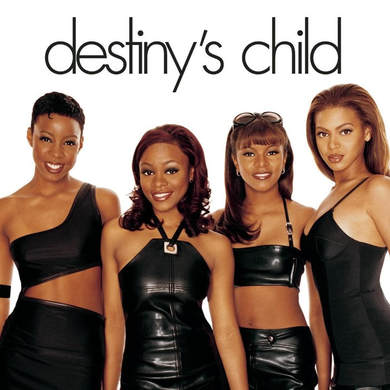 D.C. totally didn't look 17 on their debut album cover (Columbia)
D.C. totally didn't look 17 on their debut album cover (Columbia) From my perspective, the things that supposedly make the debut a misstep are what render it a golden, indispensable part of D.C.'s discography. One of the reasons the Jackson 5's "Who's Lovin' You" is so remarkable is that Michael Jackson was able to convey the anguish of a broken, grown man at age 11. The "too mature" material and "antiquated" musical production of Destiny's Child allowed the foursome to give a similarly impressive first testament to their ability. It commences with what I've jokingly described as 'the gates of Rock N' Roll heaven opening up' on "Second Nature." A declarative bluesy guitar riffs, before celestial harmonies enter over the rolls of a harp (or a piano, haha). Pointed plucks and percussion accentuate the sample of The Isley Brothers' "Make Me Say it Again" (1975), as Beyoncé questions, "Why does love always seem so very hard?" On top of this classic groove, she convincingly sings about serial relationship stumbles, instinctual devotion and giving all of herself, as if she knew something about any of it. The track is hypnotic and succulent until the very last drop. Like a chocolate with secret filling, the remaining 30 seconds unexpectedly wanders away from the main layout. Twinkling cymbals and piano take precedence over the guitar, then it beautifully fades to black. It's easily my favorite; it hits the spot.
Save for the 'designed for radio' singles "No, No, No Part 2" and "With Me Part 1," "Second Nature" sets the tone for the rest of the album. It's buttery musical and vocal arrangements (ex. "No, No, No Part 1"), vintage inspirations (ex. "Birthday"), and believable sung performance are heard throughout. D.C.'s execution of The Commodores' "Sail On" (1979) is nothing short of extraordinary. Their mellifluous and tender delivery expresses the romantic disillusionment of the verses, while their detectable confidence portrays the resilient attitude of the chorus. They sway between the two postures with consummate fluidity; there's isn't anything 'freshman' about it. Absolutely heart-tugging, their R&B-converting cover did more to capture the song's premise than the unaffected, country-farcing original ever did.
On the immersing "Killing Time," the youngster's ghostly and pained voicing helps sell the adult despondency that comes when a troubled loved one pushes you away. Like "Second Nature," a solo soulful guitar is the initiator. A whispering flute follows, leading to D.C. and a taunting 'tick' that persists to the end. Tranquil, yet ornate strings further dramatize the air. Usually, emotive peaks are placed at the bridge, and room is left for a cool down. Beyoncé pushes the benchmark well past that, with cogent and heady work that keeps the track touchy through the close (she does the same on the stirring "My Time Has Come"). She eventually gives a defeated sigh, as the 'clock' ticks on and the strings quiet. I get completely lost in it; it's so gorgeous. The tune is technically D.C.'s first single, appearing on the July 1997 Men in Black soundtrack.
D.C. didn't abundantly sing in such a careful, impassioned manner again until 2004's Destiny Fulfilled. Beyoncé in particular altered or ceased to do a number of things stylistically. Part of what makes her a joy to take in are the varying shades of her voice. I'm in love with her warmer and lower tones, of which there's a higher concentration on Destiny's Child. There's also this deliberate enunciation and phrasing she uses that emphasizes feeling or adds character to wording. The tactic remained a signature of hers, but it's commonly applied in all its glory on stage. My favorite example is the playful and cutesy way she says "Sugah, sugah" at the end of "Bridges'" first verse (another go-to cut for me). Going forward, some would say her standard delivery was excessively premeditated and technical, and subsequently missing emotion.
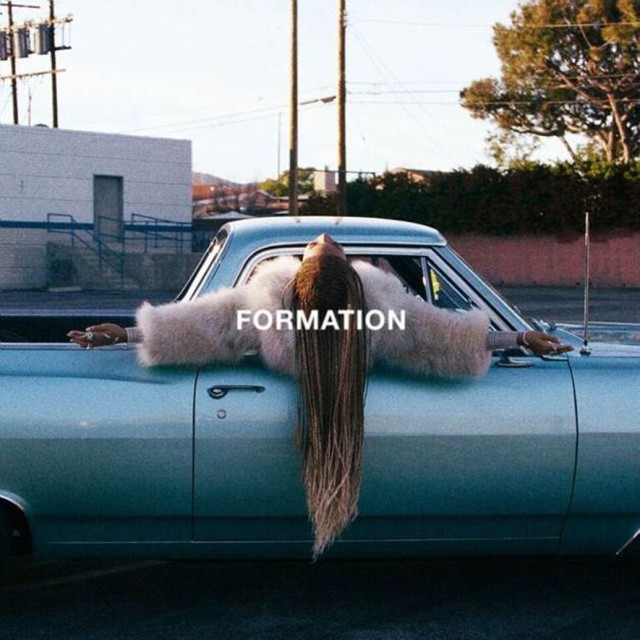
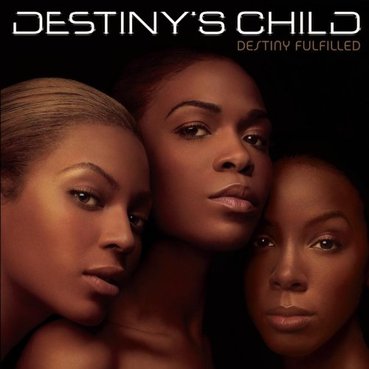
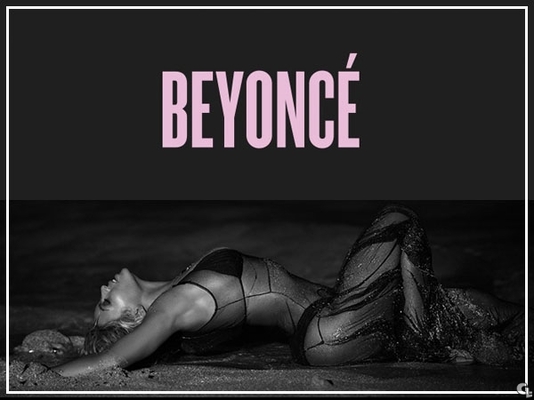
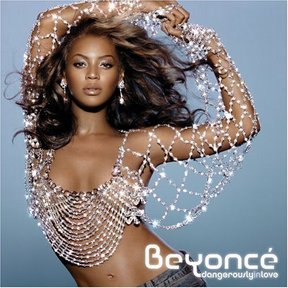



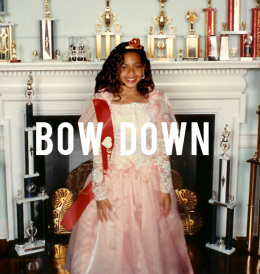



 RSS Feed
RSS Feed